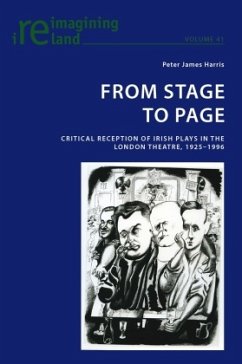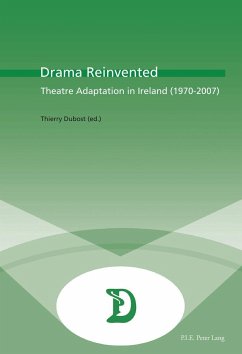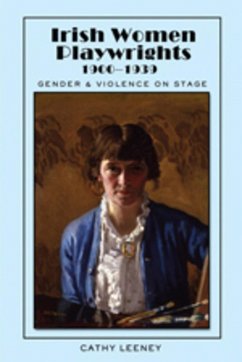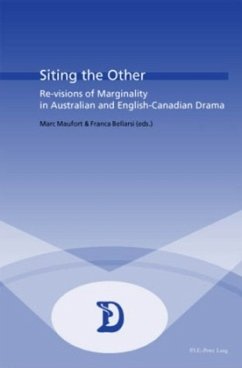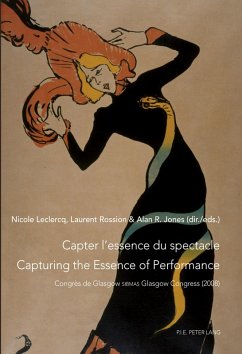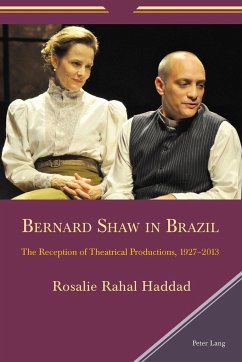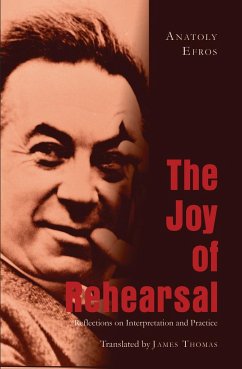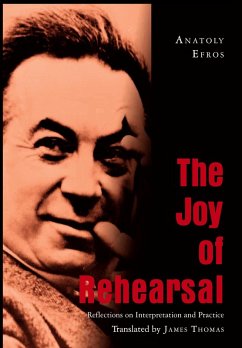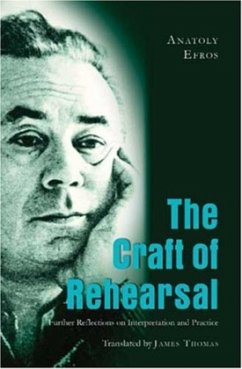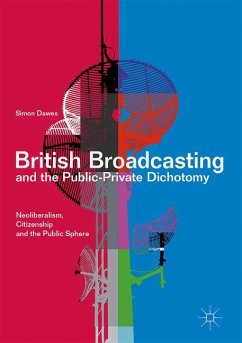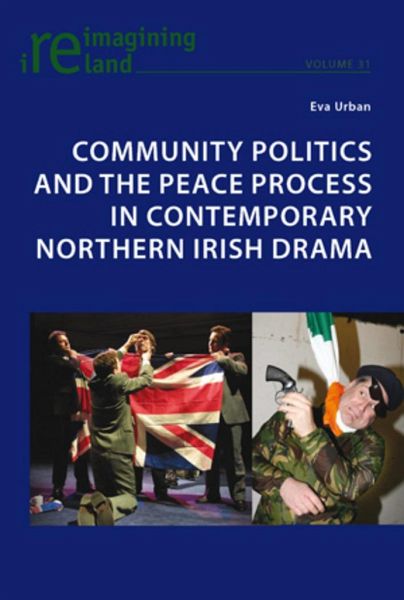
Community Politics and the Peace Process in Contemporary Northern Irish Drama
Versandkostenfrei!
Versandfertig in 6-10 Tagen
71,65 €
inkl. MwSt.

PAYBACK Punkte
0 °P sammeln!
This book examines theatre within the context of the Northern Ireland conflict and peace process, with reference to a wide variety of plays, theatre productions and community engagements within and across communities. The author clarifies both the nature of the social and political vision of a number of major contemporary Northern Irish dramatists and the manner in which this vision is embodied in text and in performance. The book identifies and celebrates a tradition of playwrights and drama practitioners who, to this day, challenge and question all Northern Irish ideologies and propose alter...
This book examines theatre within the context of the Northern Ireland conflict and peace process, with reference to a wide variety of plays, theatre productions and community engagements within and across communities. The author clarifies both the nature of the social and political vision of a number of major contemporary Northern Irish dramatists and the manner in which this vision is embodied in text and in performance. The book identifies and celebrates a tradition of playwrights and drama practitioners who, to this day, challenge and question all Northern Irish ideologies and propose alternative paths. The author's analysis of a selection of Northern Irish plays, written and produced over the course of the last thirty years or so, illustrates the great variety of approaches to ideology in Northern Irish drama, while revealing a common approach to staging the conflict and the peace process, with a distinct emphasis on utopian performatives and the possibility of positive change



